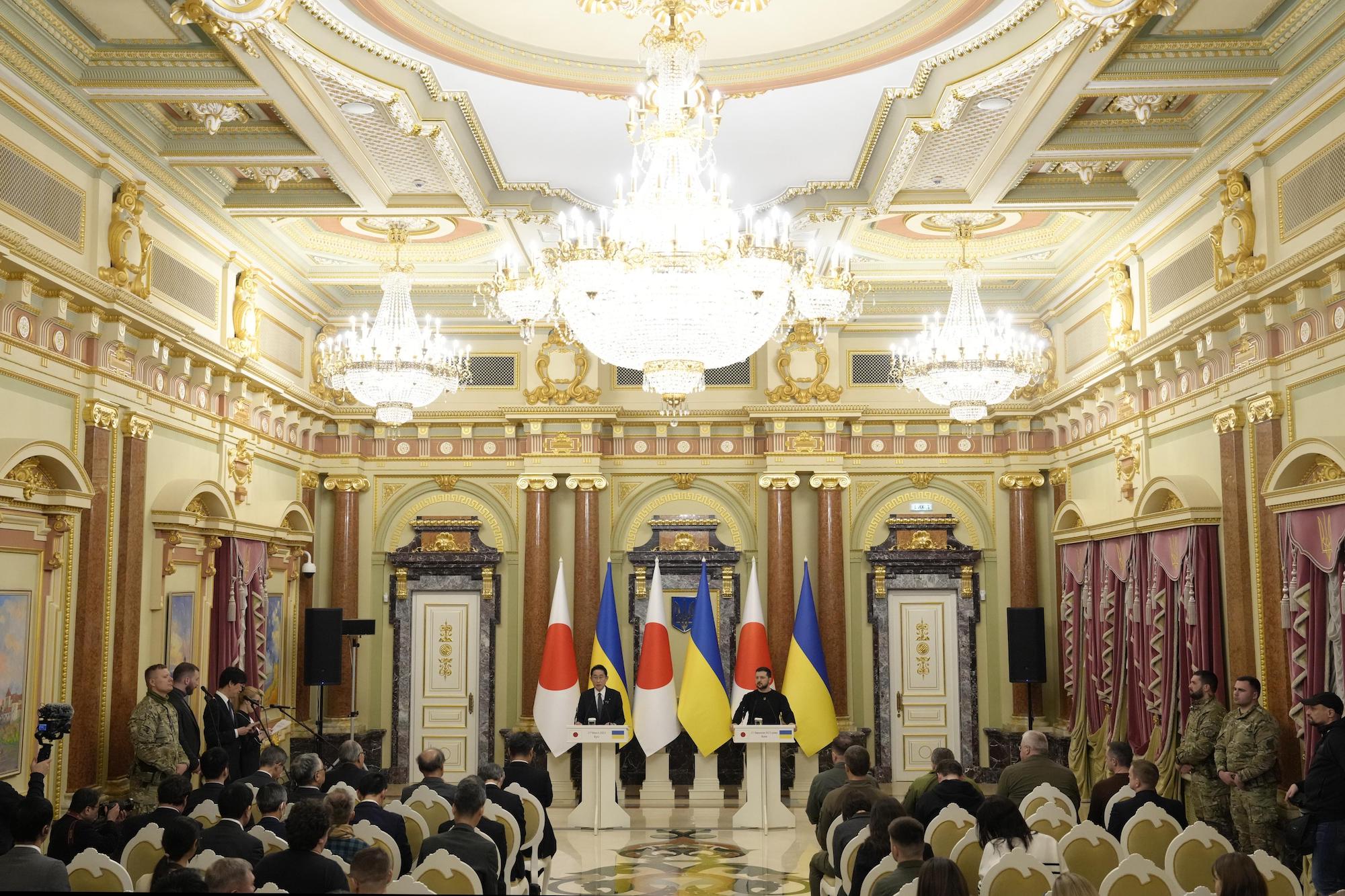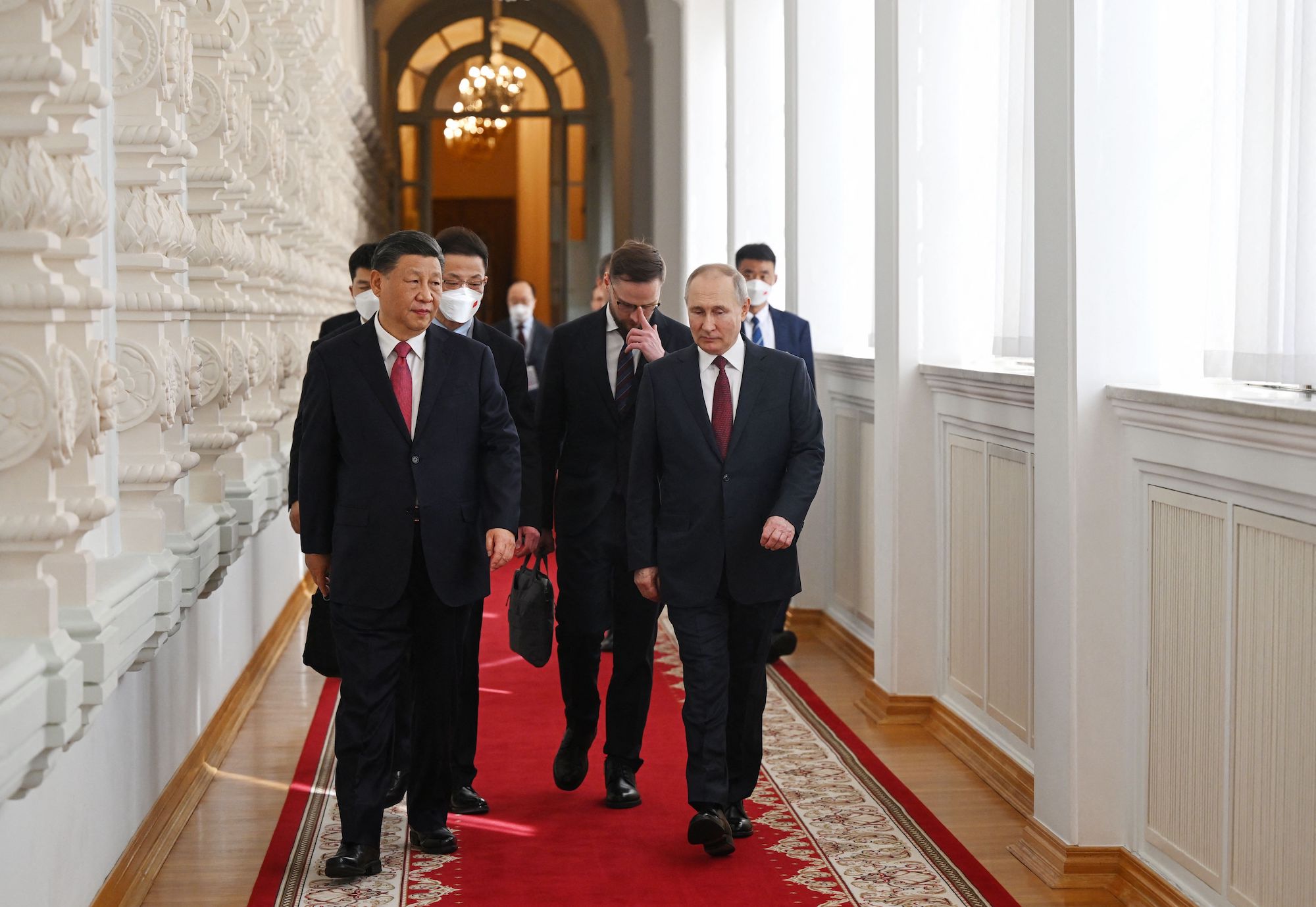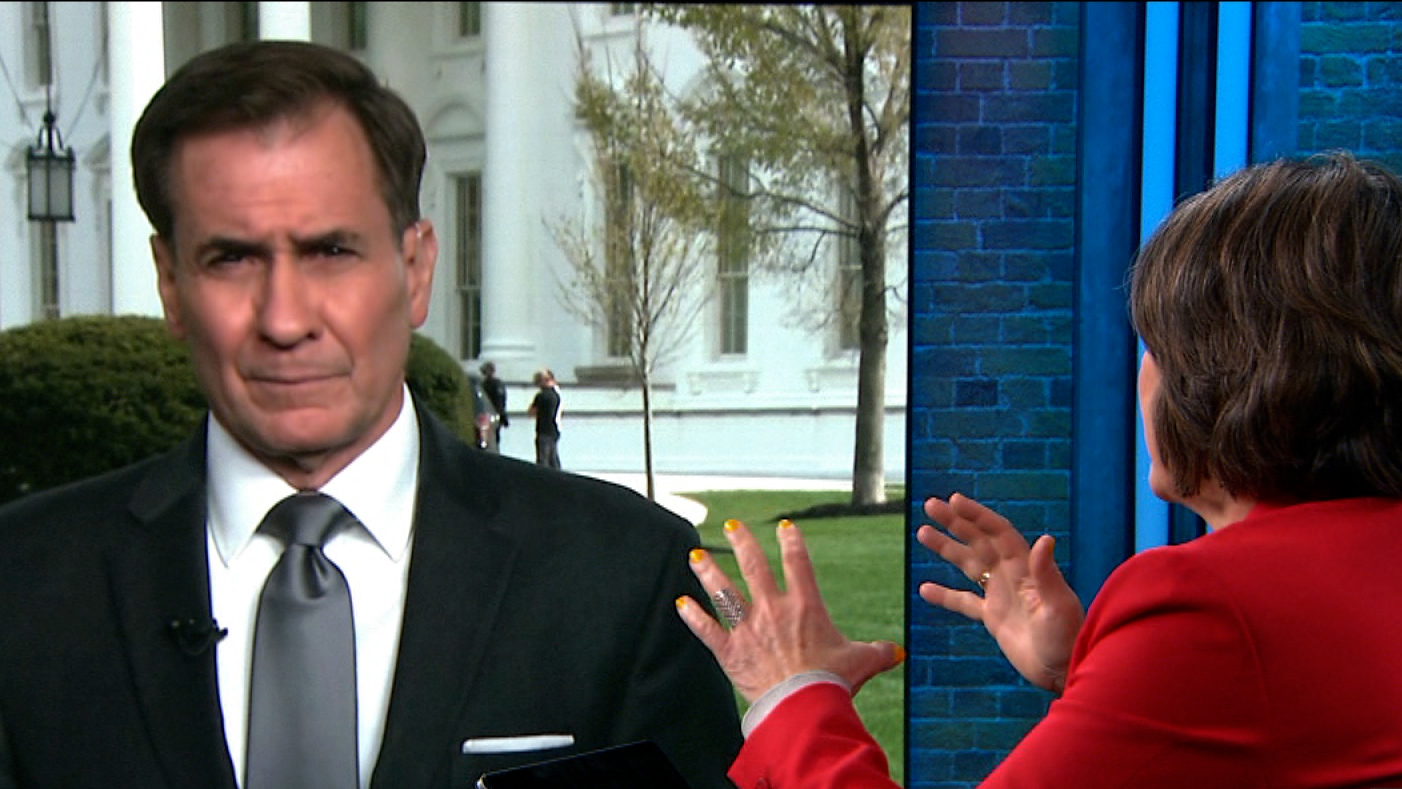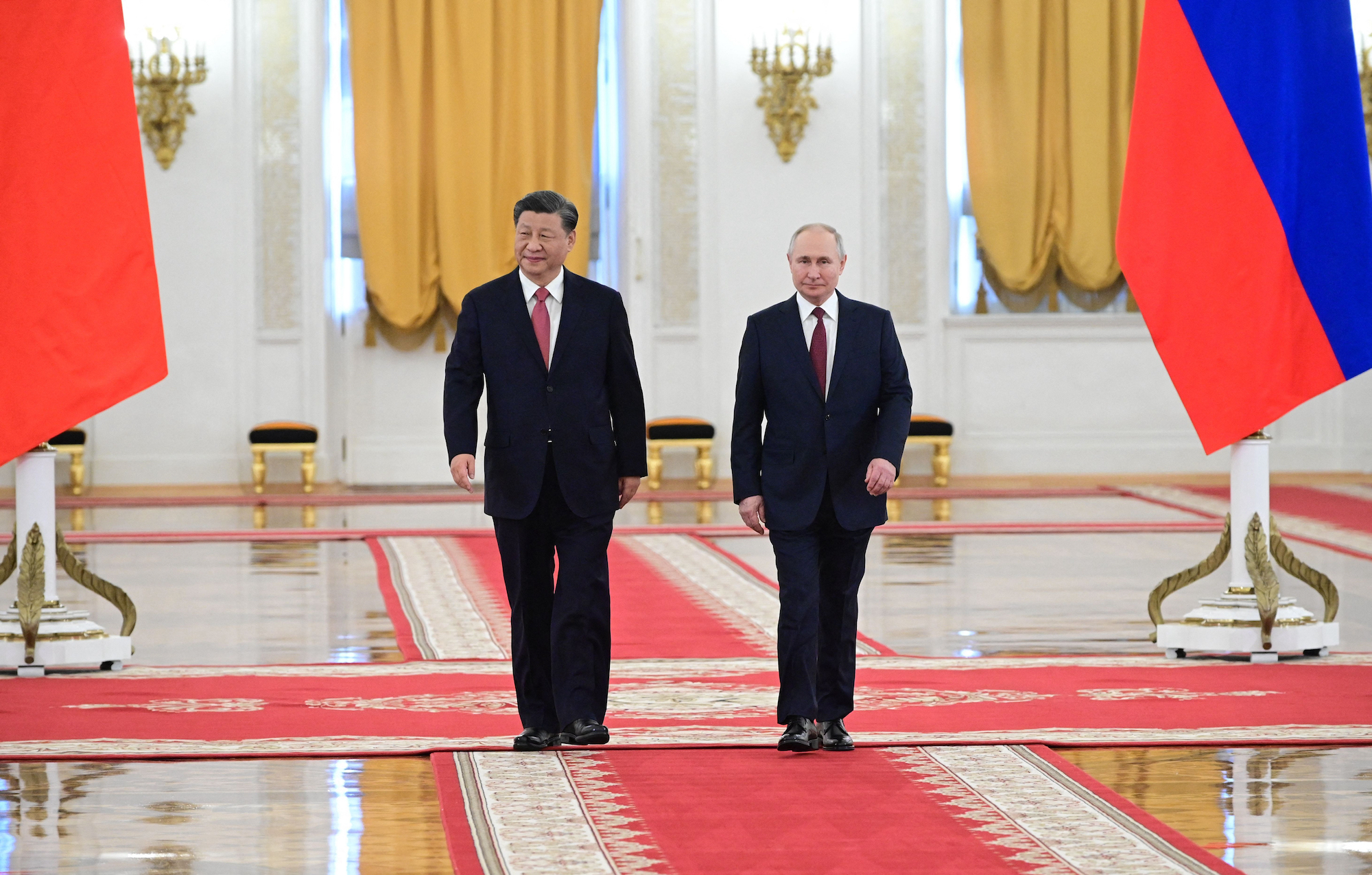
Japan will provide $30 million to help Ukraine acquire non-lethal equipment, Prime Minister Fumio Kishida said, according to public broadcaster NHK.
Kishida made the announcement Tuesday at a joint news conference with Ukrainian President Volodymyr Zelensky during his surprise visit to Kyiv, NHK reported.
"Japan will continue providing seamless support," to Ukraine "until peace returns to its beautiful land," Kishida was quoted as saying by NHK.
Kishida's unexpected trip to Ukraine Tuesday was announced as Chinese leader Xi Jinping held talks with Russian President Vladimir Putin in Moscow.
His visit was the first from a Japanese prime minister to a country or region with ongoing fighting since World War II, according to NHK. It was also the first visit to Ukraine by an Asian member of the G7 grouping and the first by a United States ally in the region.
The dual visits by Kishida and Xi underscore deep divisions in northeast Asia toward the war in Ukraine, with Japan pledging substantial aid for Kyiv, while China remains a lone voice supporting an increasingly isolated Putin — now a global pariah and suspected war criminal.
Kishida is scheduled to travel to Poland on Wednesday.






